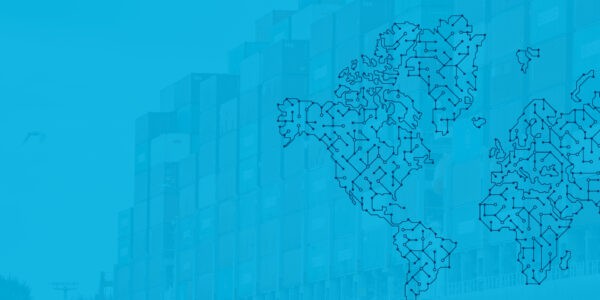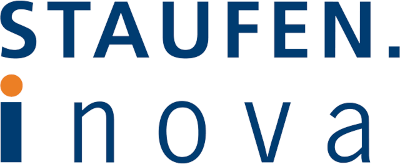
How well do you know your suppliers?
The German Supply Chain Act, which went into force on January 1, 2023, is worrying employees at many companies a great deal. What’s required to maintain an overview of all suppliers and fulfill the requirements of this act?
Instead of going to school, millions of children around the world must work in order to help their families. UNICEF estimates that 160 million girls and boys aged 5 to 17 are forced to do child labor. Approximately half of them do dangerous work, for example breaking stones or mining. The Supply Chain Act obligates companies to examine their suppliers closely in order to prevent human rights violations and protect the environment.
What is meant by child labor?
According to the German Federal Ministry of Economic Cooperation and Development, the term refers to any work that harms the physical or intellectual development of children and young people or that prevents them from going to school. The worst activities include, among others, prostitution, misuse as slaves or forced workers, drug smugglers, or soldiers.
The Supply Chain Act
Since the beginning of 2023, the German Supply Chain Act (LkSG) obligates companies with more than 3000 employees to take responsibility for their entire supply chain. This affects both their own area of activity as well as those of their direct and indirect suppliers. The goal of the Supply Chain Act is to protect basic human rights and especially to prevent children from doing child and forced labor. Attention must also be paid to environmental concerns in order to protect people’s health. Compliance is monitored by the Federal Ministry of Economic Cooperation and Development; there are fines in case of violations. Starting in 2024, the due diligence will be expanded to companies with 1000 employees. There will also be a European supply chain act.
To avoid fines and damage to their reputations, companies need transparency about their entire supply chain network right now.
Canan Jungel
Principal, Staufen.Ag
There are fines if due diligence is not done
Initially, 50 employees of the German Federal Office of Economics and Export Control (BAFA) will examine whether companies are doing their due diligence. At the latest four months after the end of the fiscal year, companies must transmit a report about the fulfillment of their duties to the ministry. The report consists of responses to a structured questionnaire that the ministry has published in advance. You can download the BAFA Supply Chain Act questionnaire free of charge here.
But many companies have put off the required measures for a long time and underestimated the effort required for due diligence. Their employees are lacking the necessary expertise with regard to processes, responsibilities, and tools in order to record and analyze hundreds or even thousands of suppliers.
What can companies do now?
Reconfiguring the supply chain network and introducing risk management create the necessary prerequisites for implementing the Supply Chain Act – and for being armed for the requirements of the upcoming European supply chain act.
We at Staufen can help you, with practical advice on an equal playing field. Feel free to contact us!

Thomas Spiess
Member of the Executive Board
STAUFEN.INOVA AG
Phone: +49 7024 8056 0
Mail: kontakt@staufen.ag

Thomas Spiess
Member of the Executive BoardSTAUFEN.INOVA AG
Thomas Spiess holds a degree in Industrial Engineering (ETH Zurich), completed an MM Program at IMD Lausanne and is now a Senior Manager and Trainer at Staufen.Inova. He has extensive experience as an executive and senior consultant in the area of supply chain management with in-depth industry knowledge in the precision industry and the luxury consumer goods, textile and fashion industries. He has expert knowledge of complex global supply chain projects and concepts. He is also an accomplished moderator, trainer and coach.
Thomas Spiess has been in charge of projects for the overall optimization of international supply chains and is an expert in supply chain network management and sales & operations planning.
More about the topic

Supply Chain Act
The Supply Chain Act requires companies to take responsibility for their entire supply chain. How can companies do this?
Read more
Supply Chain Network Management
What will the stable supply chain network of tomorrow look like? An answer to this and other questions can be found in our white paper.
Read more




